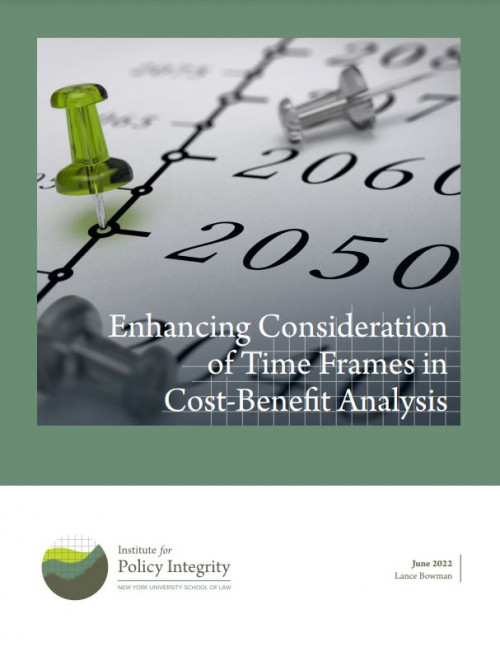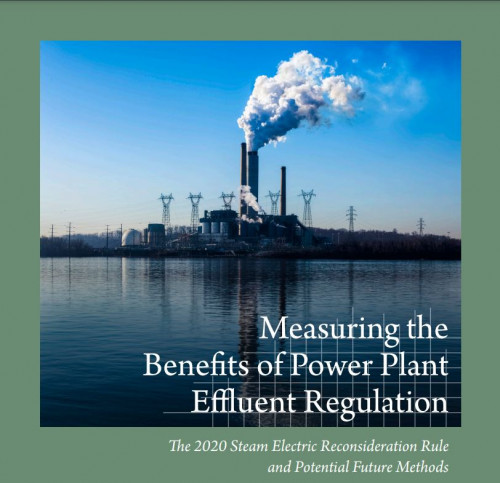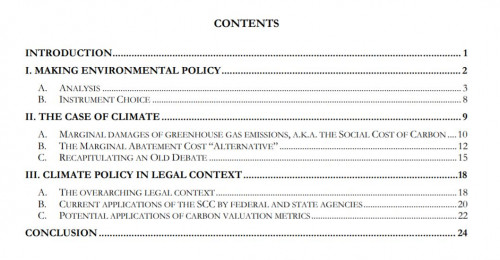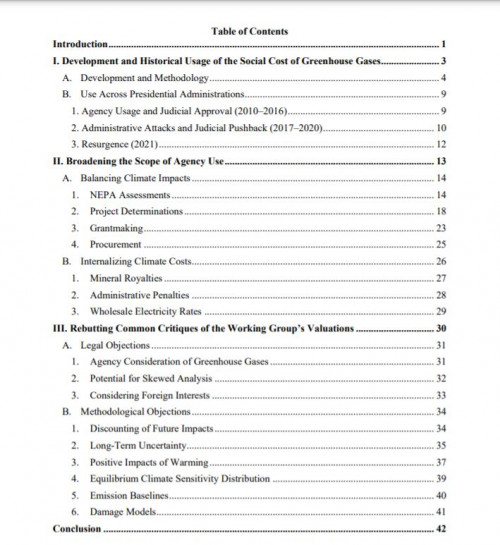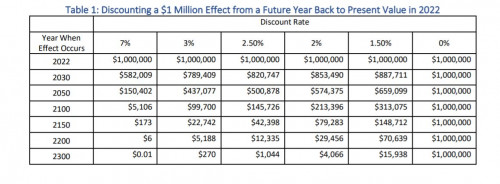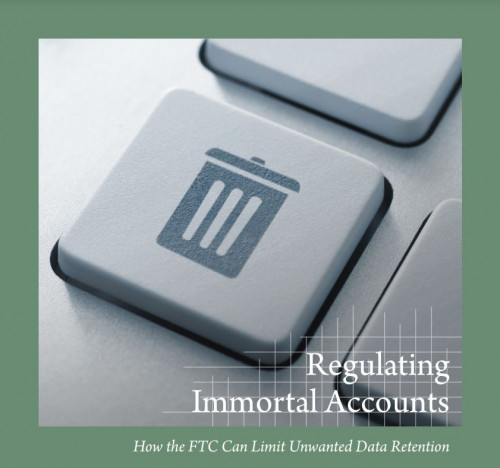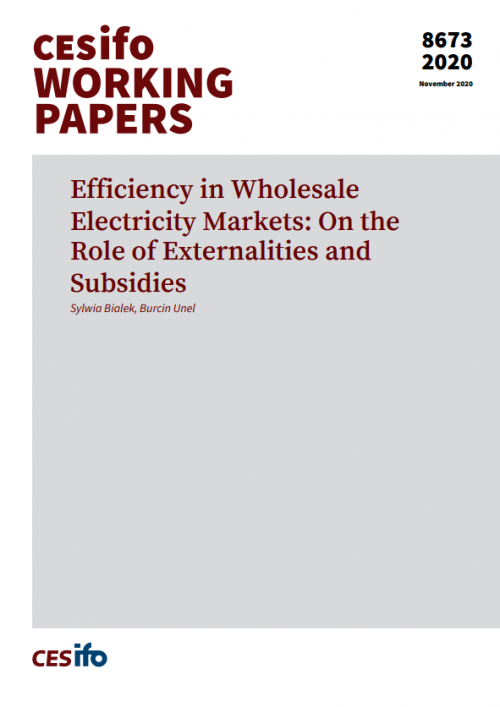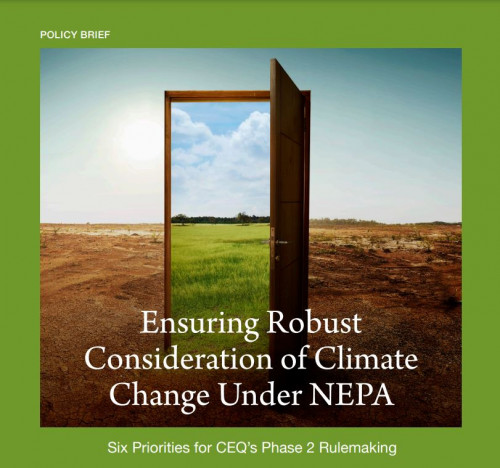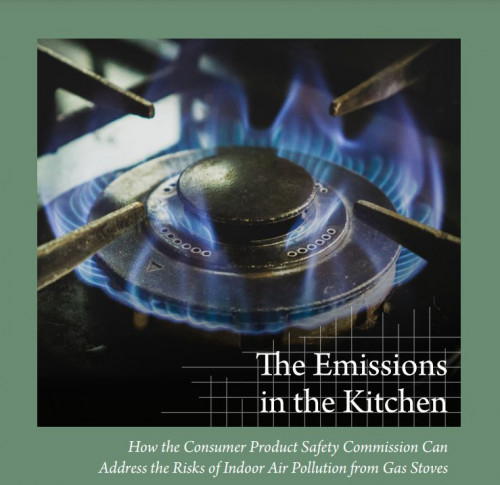-
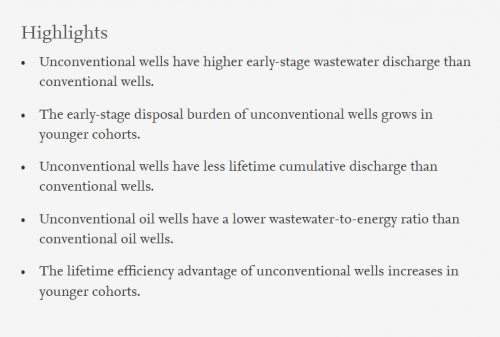
Does Unconventional Energy Extraction Generate More Wastewater? A Lifetime Perspective
Published in Ecological Economics
The paper analyzes how wastewater generation patterns differ between unconventional wells and conventional wells, accounting for differences in well configurations and local geology. Using the 2008–2016 monthly production data from 50,039 wells, the authors show that unconventional wells generated more wastewater in the first 12 months of production but less cumulative discharge than conventional wells. Unconventional oil wells had a lower wastewater-to-energy ratio throughout their lifetime than their conventional counterparts, whereas no efficiency gap existed among gas wells. These findings call for targeted strategies to balance the short-term disposal burden and the long-term efficiency gains of unconventional energy extraction.
-
Enhancing Consideration of Time Frames in Cost-Benefit Analysis
Federal agencies frequently provide no justification for their analytical time frame when analyzing the costs and benefits of a policy. This is true even when there are costs and benefits that clearly occur beyond the time frame chosen by the agency. In so doing, agencies risk overlooking key long-term impacts that may justify more stringent regulation.
This report argues that the Office of Management and Budget (OMB) should take steps to improve how agencies consider analytical time frames in their cost-benefit analyses.
-
Measuring the Benefits of Power Plant Effluent Regulation
The 2020 Steam Electric Reconsideration Rule and Potential Future Methods
EPA is considering regulations that would clean up the wastewater discharges from power plants, after they were stalled and then rolled back under the Trump administration. As it conducts that analysis, this report urges EPA to provide a robust assessment of the benefits of the regulation, improving on analysis that was conducted in the Obama era. The report reviews the economic framework, literature, and analyses performed to support both the original Obama-era rule and Trump-era revisions, building on Davis Noll and Rothschild (2021), which detailed numerous impacts of the 2020 Rule that EPA neglected to examine. This review highlights key considerations that will strengthen future regulations.
-
Costs, Confusion, and Climate Change
Yale Journal on Regulation
Recently, some prominent public policy experts and scholars have proposed that a “marginal abatement cost” (MAC) could be used as an alternative to the social cost of carbon (SCC). This article provides conceptual clarity about these metrics, focusing on how a MAC-based threshold could sensibly be used in climate policy, and explaining why it is not a substitute for the SCC.
-
The Social Cost of Greenhouse Gases: Legal, Economic, and Institutional Perspective
Yale Journal on Regulation
The social cost of greenhouse gases provides the best available method to quantify and monetize incremental climate damages. To date, however, the use of the method for such determinations and processes has been sporadic and fairly limited. Published in the Yale Journal on Regulation, this article evaluates the various legal, economic, and institutional controversies surrounding the social cost of greenhouse gases, and explains why this metric should play a critical role in guiding agency policymaking and decision-making related to climate change.
-
Valuing the Future: Legal and Economic Considerations for Updating Discount Rates
Yale Journal on Regulation
This article explores the legal and economic considerations for updating discount rates and details the compelling economic evidence for lowering the current default rates for regulatory analyses. It argues that a declining discount rate framework can consistently harmonize agency practices and so put agencies on sound legal footing in their approach to valuing the future.
-
Regulating Immortal Accounts
How the FTC Can Limit Unwanted Data Retention
The report argues that an FTC rule requiring reasonable cancellation practices for all market actors and providing clear and specific guidelines would address the harms of immortal accounts. Such regulation would fall under the FTC’s authority and advance the Commission’s mission to protect consumers and competition by preventing deceptive, unfair, and anticompetitive business practices.
-
Efficiency in Wholesale Electricity Markets: On the Role of Externalities and Subsidies
Published in Energy Economics
In our article published in Energy Economics, we use economic modeling to analytically show the relationship between generation subsidies and energy and capacity markets. We show that the feared capacity price suppression can happen only under limited circumstances and that in the short-run, the subsidies will tend to increase capacity prices. We also demonstrate that while subsidies cannot produce the first-best outcomes, there exists a range of welfare-enhancing subsidy rates and designs that improve welfare, such that regulators should think of subsidies as one of the tools available for increasing electricity market efficiency.
-
Ensuring Robust Consideration of Climate Change Under NEPA
Six Priorities for CEQ’s Phase 2 Rulemaking
In April 2022, the Council on Environmental Quality (CEQ) finalized a limited, “Phase 1” rulemaking to restore several longstanding features of the regulations that guide agency assessments under the National Environmental Policy Act (NEPA) which CEQ had removed in 2020. In that rule, CEQ reaffirmed its intentions to further revise the regulations to better ensure that agencies make decisions that “advance environmental, climate change mitigation and resilience, and environmental justice objectives.” This policy brief outlines six simple regulatory revisions that CEQ should prioritize for its “Phase 2” rulemaking to improve consideration of climate change during environmental review.
-
The Emissions in the Kitchen
How the Consumer Product Safety Commission Can Address the Risks of Indoor Air Pollution from Gas Stoves
Gas stoves are found in over a third of American homes, and these appliances generate dangerous indoor levels of nitrogen dioxide (NO2) and fine particulate matter (PM2.5) within just a few minutes of cooking. This report suggests several ways the Consumer Product Safety Commission (CPSC) can and should take action to address the unreasonable health risks posed by gas stove emissions.
Viewing recent projects in Publications

